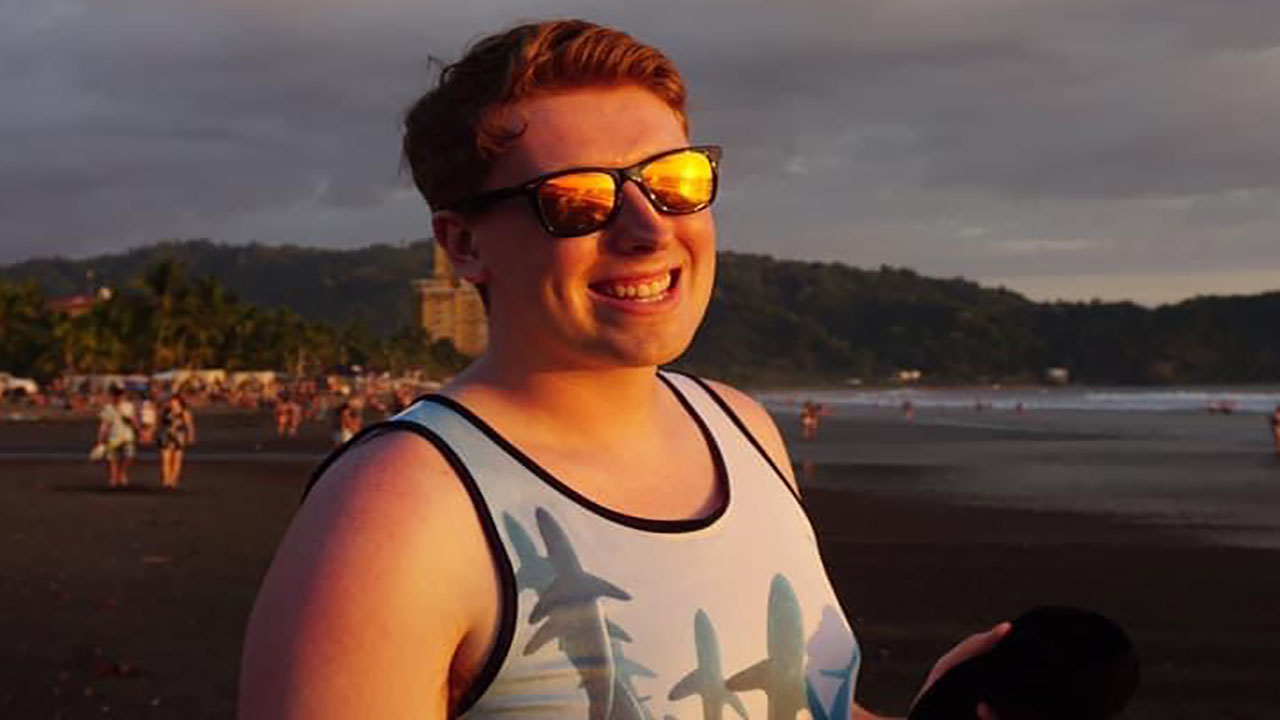
My name is Tanner Snell and I am currently a Senior at Winona State University majoring in Communication Studies and Spanish. I want to share my experiences studying abroad in Heredia, Costa Rica Spring semester of 2020. I studied abroad with the SOL Education program, which is now known as ARCOS abroad where I did a semester long program.
Why did you choose to study abroad for a semester? Why did you choose to travel to where you did?
I chose to study abroad for a semester because I wanted to have the opportunity to immerse myself in the Spanish language and force myself to really spend a semester focused on my language skills and becoming a more fluent speaker. I had looked at a variety of Spanish speaking countries, but I chose Costa Rica because the accent is easy to understand and a great place for someone who has never lived abroad in a non-English speaking country. The country is also filled with beautiful nature, abundant adventuring opportunities, and is known for its kind people and the Pura Vida lifestyle. Those were things that drew me toward a program in Costa Rica.
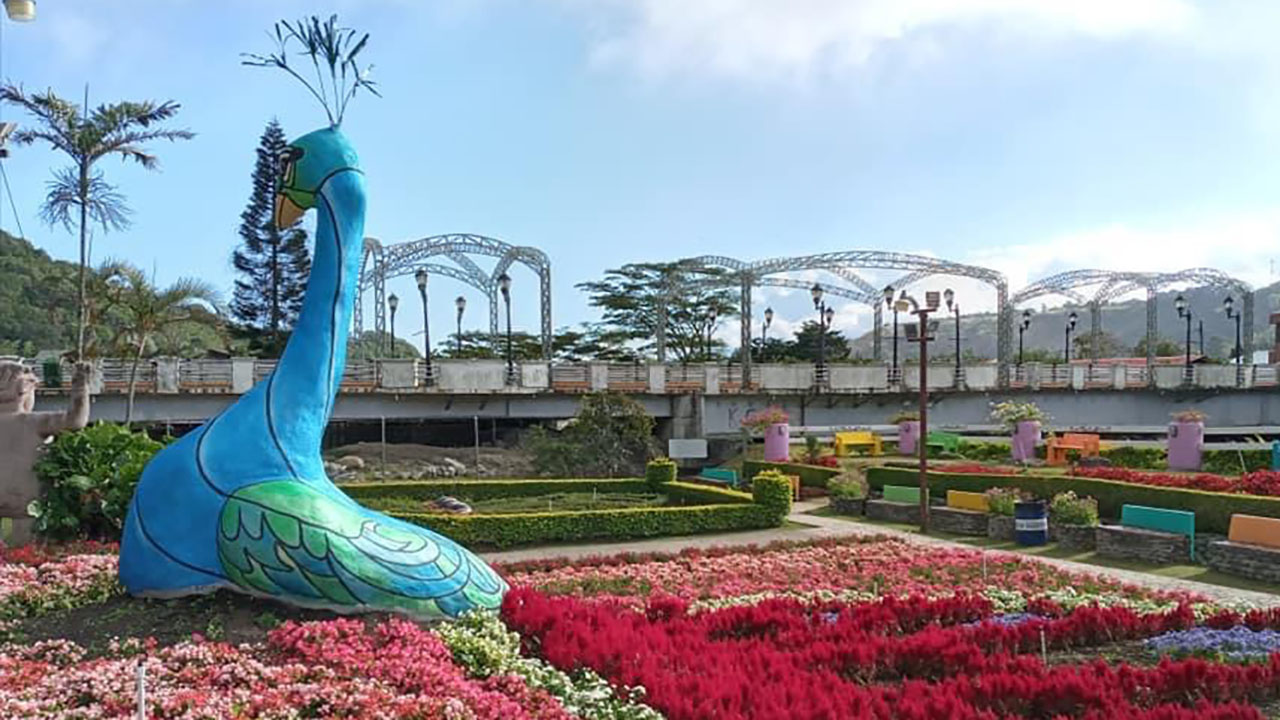
What did you learn about the culture you were immersed in?
While in Costa Rica, I had many opportunities to become immersed in the culture and lifestyle of the country. I had the opportunity to live with a host family where I would eat most of my meals with them and talk with them in Spanish since they did not know English. It was a great way to gain more knowledge about Costa Rica through asking them questions and spending time with a local family. Our program also did weekly cultural activities with all the students in my program including dance class, knife-carving wooden bowls, tour the city of San José, attend cooking and baking classes of local cuisine, and many other activities. I also went to a local university in Heredia and became accustomed to daily routines of another country.
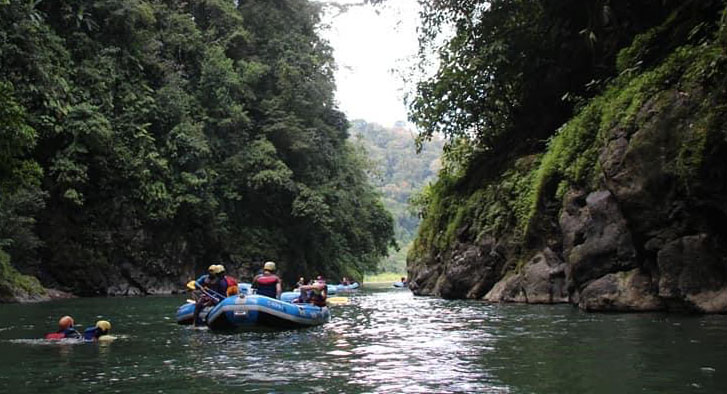
What hands-on learning opportunities did you have?
The program and university also gave me hands-on learning opportunities like working with kids at a soccer camp, tutoring community members and university students in English, and volunteering at a local school. They also offered us a variety of hands-on cultural activities once a week that supplemented our learning. We also had other hands-on learning opportunities that helped us understand the culture, like going to a discoteca (dance club) where they do professional dances like salsa, bachata, and others. It gave us the chance to practice all the dances we learned in our class. Another example of fun, hands-on learning was going white water rafting in the rainforest. It was a great team-building experience for all of us as a group and very fun.
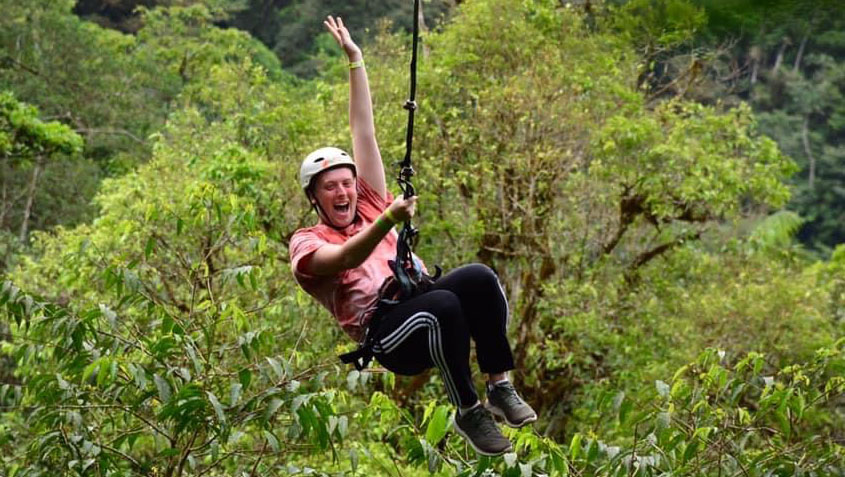
How has your travel impacted your learning in the classroom?
I think study abroad had a positive impact on my learning of the language. There were strategies and tools my professors in Costa Rica utilized that I really enjoyed and helped me gain fluency. I appreciated the differences between a US and Costa Rican classroom and still think about it today. I liked the learning approach they took in Costa Rica regarding learning a language and found the Spanish classes incredibly helpful. There is a big focus on participation and doing a variety of speaking, listening, reading, and writing activities consistently throughout the courses. I went from being nervous to speak Spanish in a classroom to being confident because every day we spoke a lot in class. Then when we left class, we had to keep speaking the language – at home, in cafes, etc. They have a very hands-on approach to learning in Costa Rica that I only see in a few professors back in the states, but it made me a better student and helped me build my confidence in the subject I was studying abroad.
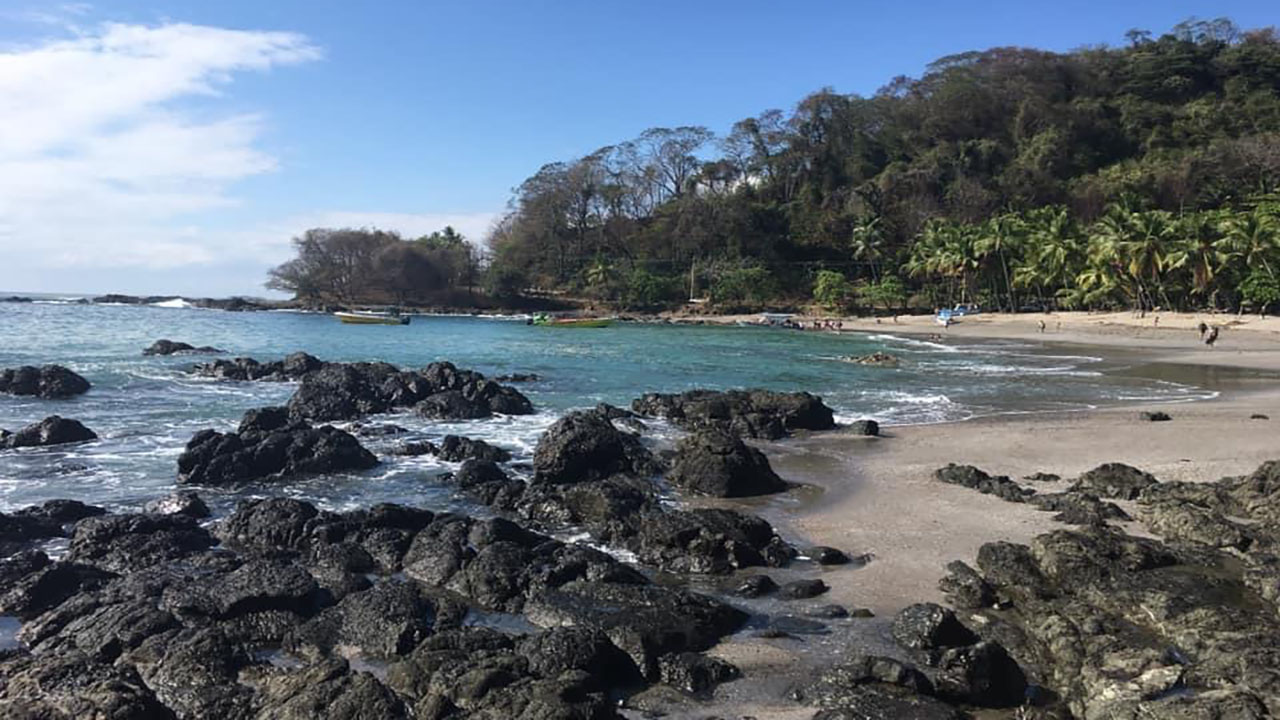
What insight did your travel give you about you intended career path?
My experience abroad definitely pushed me further in the direction I was going for a career path. I had already been interested in teaching English and I had the chance to tutor others in English while I was abroad. I learned more about the benefits and motivations behind people’s desires to learn English or another language and it was inspiring to me. Some people needed to get better at English in order to get a better job or create the life their family wanted, which made helping them all the more important for me. My time abroad made me want to pursue teaching English and I am thankful that I was able to go abroad and find out that I would be an effective teacher and that teaching English in another country is an option for me as well.
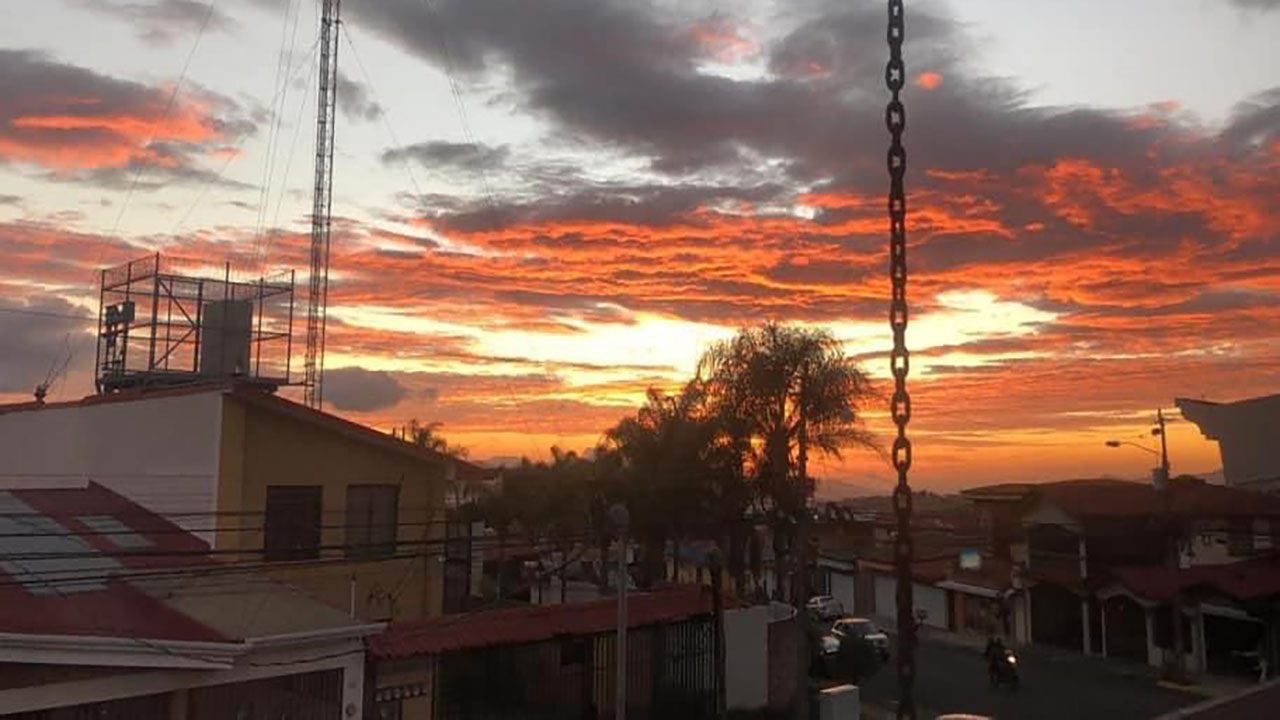
Did anything surprise you when you were away?
In terms of culture shock, there were some things that were hard to adjust to in Costa Rica, but some of them I miss now that I am back in the US. For example, Costa Ricans are very laid back with time, they don’t have strict schedules. In my classes, some Costa Rican students would show up 20 minutes late and no one thought anything of it. Adjusting to the way people think of time in Costa Rica was surprising, but I also miss the slower pace after being back in the US where we are always busy and have tight schedules. I always felt more relaxed on a daily basis being in that environment than I do in a normal semester here. Some other differences were the bathrooms, because you can’t flush anything down the toilet in Costa Rica, including toilet paper. Also, the showers are very different, and it can be hard to get hot water. This was an adjustment at first but after a week or two you get used to these things and don’t really notice them anymore.
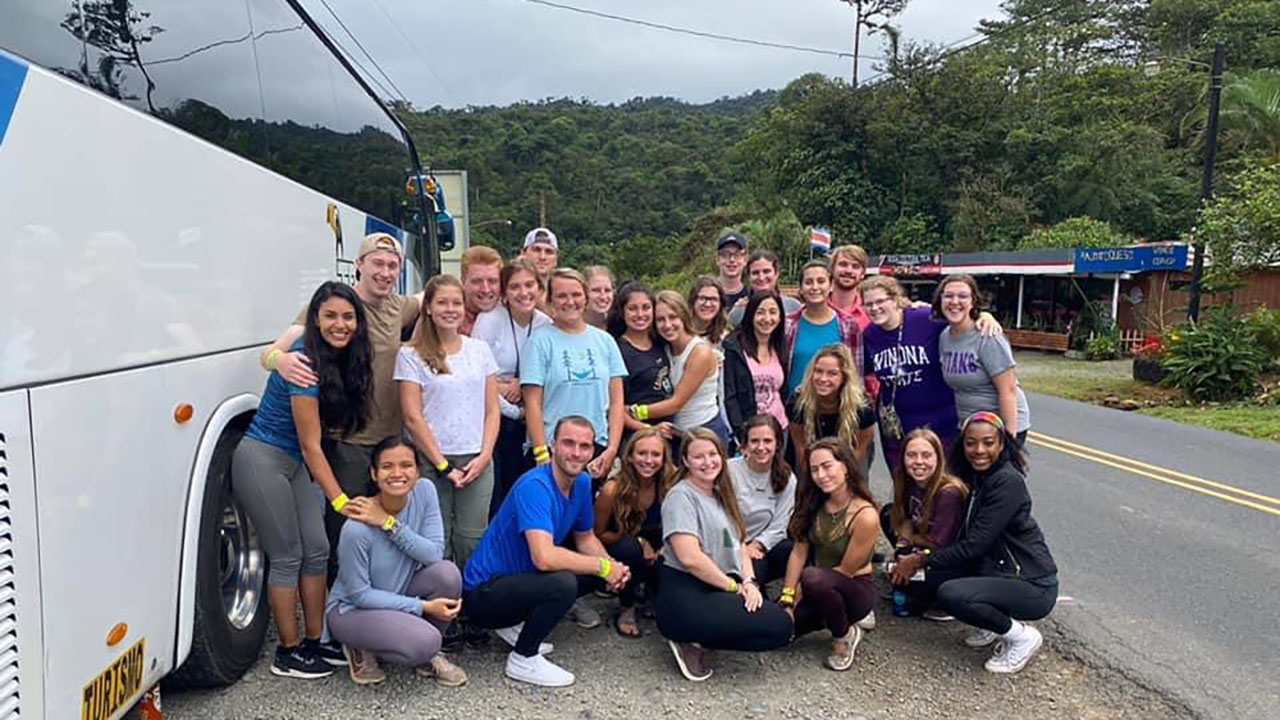
In your opinion, what’s the value of traveling as a student?
In terms of culture shock, there were some things that were hard to adjust to in Costa Rica, but some of them I miss now that I am back in the US. For example, Costa Ricans are very laid back with time, they don’t have strict schedules. In my classes, some Costa Rican students would show up 20 minutes late and no one thought anything of it. Adjusting to the way people think of time in Costa Rica was surprising, but I also miss the slower pace after being back in the US where we are always busy and have tight schedules. I always felt more relaxed on a daily basis being in that environment than I do in a normal semester here. Some other differences were the bathrooms, because you can’t flush anything down the toilet in Costa Rica, including toilet paper. Also, the showers are very different, and it can be hard to get hot water. This was an adjustment at first but after a week or two you get used to these things and don’t really notice them anymore.
-Tanner Snell, ’21